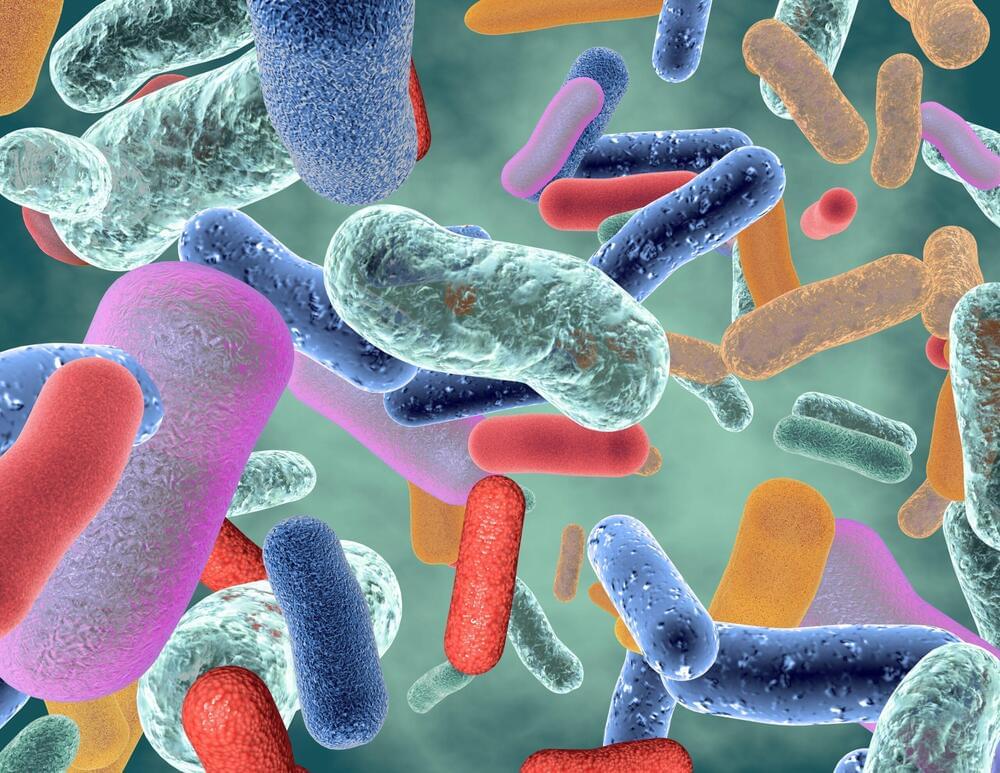Our gut microorganisms, collectively known as the gut microbiota, affect far more than digestion. Bacteria in our intestinal tracts influence brain activity — and even the likelihood of developing mental disorders. Decades of research have shown that a bacterially imbalanced gut can disrupt many systems in the human body, contributing to obesity, malnutrition and even cancer. In a study published May 10 in Nature, Stanford Medicine researchers and collaborators used an ingestible device to capture the diversity of microorganisms, viruses, proteins and bile in the small intestine.
The proof-of-concept results provide early evidence that there are more comprehensive ways to measure microbiota in the digestive system than current sampling methods — which mostly focus on stool — and shed new light on how resident gut microbes might contribute to human physiology and disease.
“This paper demonstrates a big leap forward in microbial detection and captures the living gut microbiota in a nutshell,” said co-senior author KC Huang, PhD, a professor of bioengineering and of microbiology and immunology, co-senior author with David Relman, MD, a professor of medicine and of microbiology and immunology. “Samples from current tools don’t fully represent what’s going on inside of us. But it’s all we’ve had — until now.”
